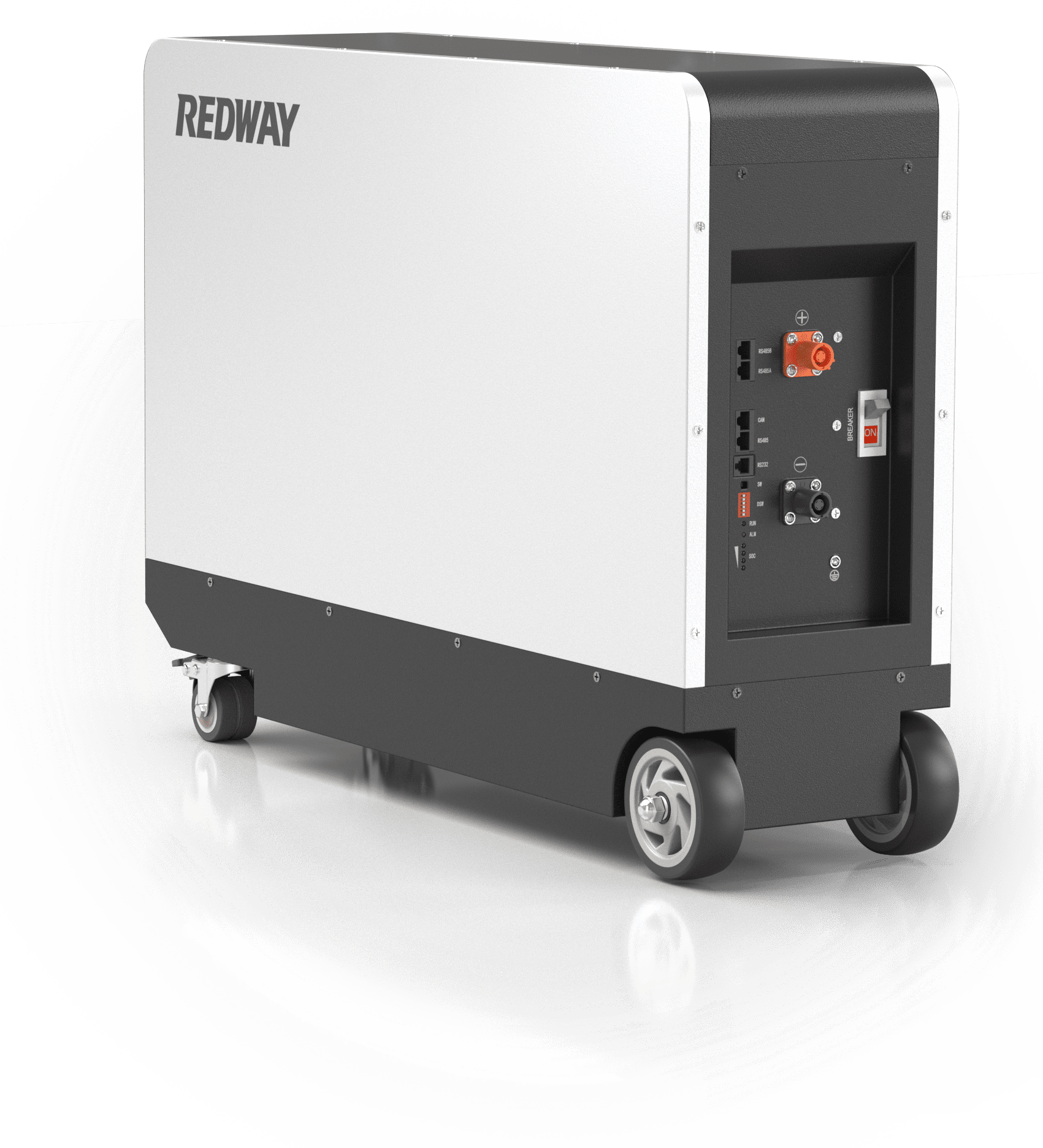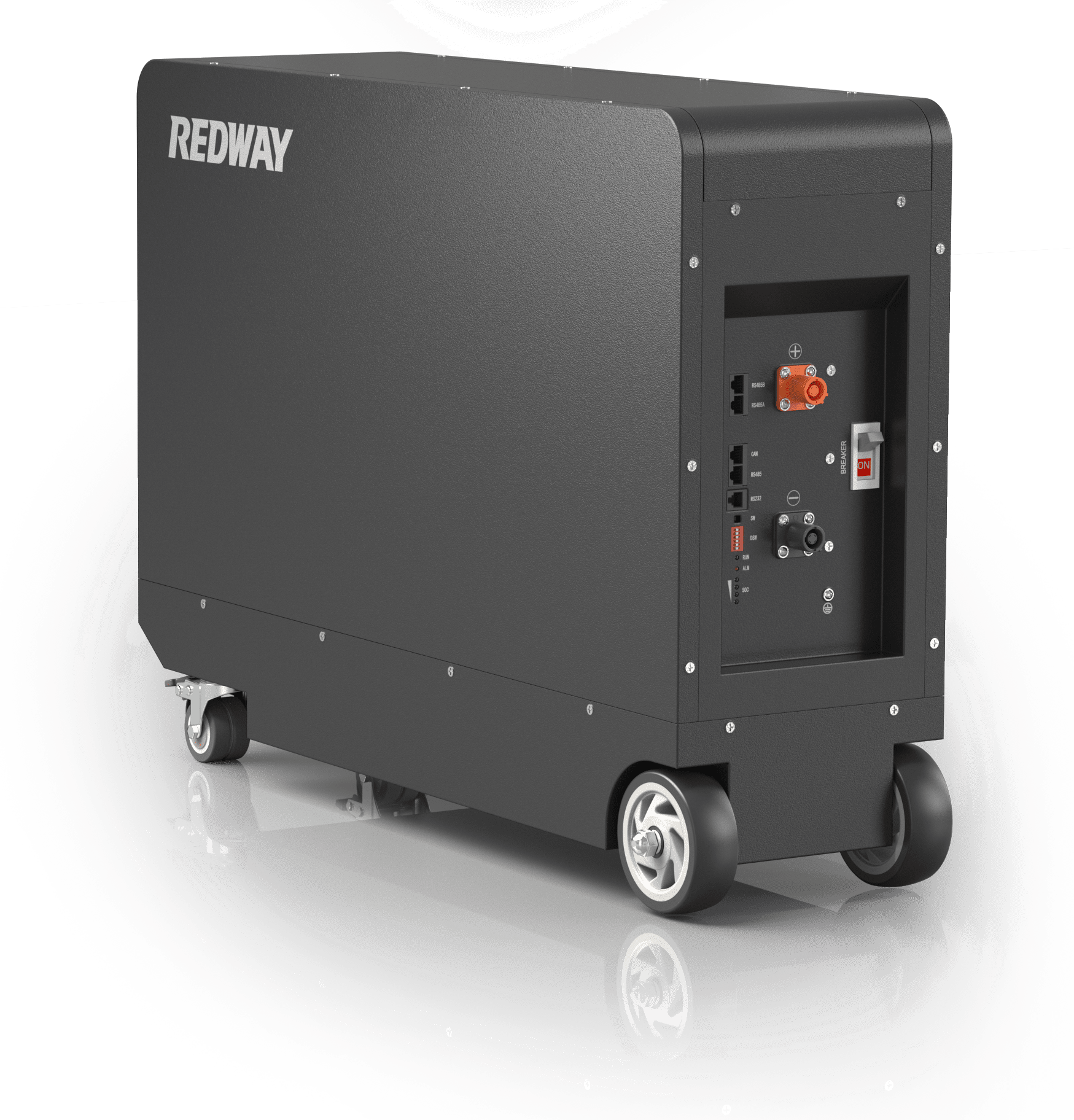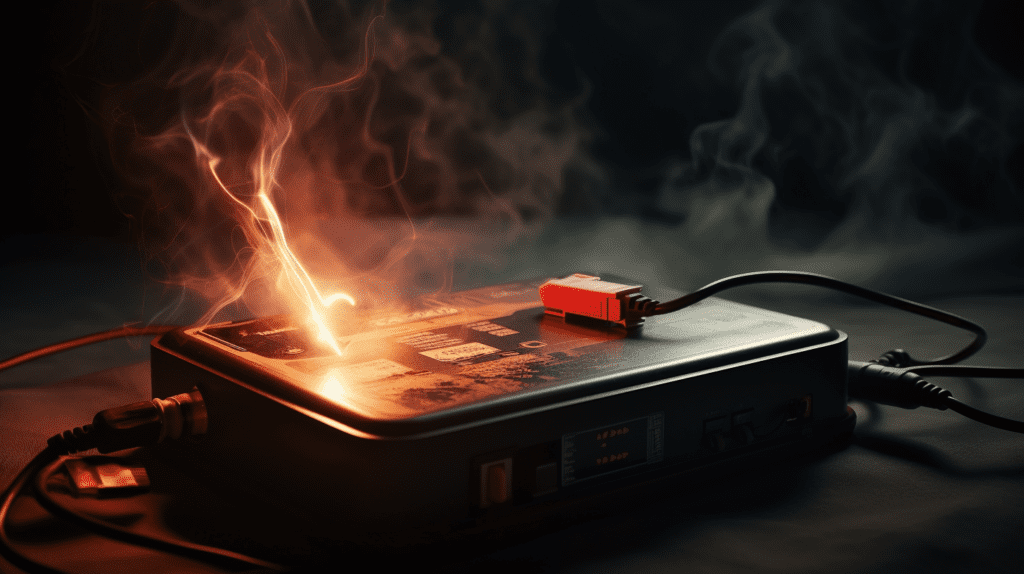The United Kingdom’s Maritime and Coastguard Agency (MCA) has recently issued new fire safety and storage guidelines for small electric-powered craft on yachts, in response to a growing number of lithium-ion battery fires. With an estimated 16 total losses due to fires between August 2021 and August 2022, the MCA aims to address the potential risks posed by lithium-ion batteries in electric tenders, jet skis, eFoils, and other watercraft.

#post_seo_title
The guidelines acknowledge that the fire prevention, detection, and suppression measures used for traditional petrol-powered crafts may not be suitable for lithium battery-powered ones. As a result, the MCA’s new guidelines emphasize the importance of proper storage and charging practices. It is recommended that these craft be stored in spaces that meet at least the requirements of Part A of the REG yacht code. Furthermore, it is crucial to adhere to humidity limitations, temperature ranges, and maintenance requirements when storing crafts and their batteries. Damaged batteries must be handled with extreme caution and should not be charged again.
Another significant aspect of the guidelines focuses on crew training. The MCA stresses the importance of educating crew members on the safe operation, storage, and charging of electric watercraft. Additionally, crew members should be trained in identifying early signs of battery problems to mitigate potential hazards. The guidelines also highlight the need for crew members to be knowledgeable in the proper disposal of damaged equipment or batteries. Specialized equipment, such as Li-ion specific fire extinguishers and infrared cameras, should be used to respond effectively to battery-related incidents.
The MCA’s proactive approach aims to enhance safety measures within the yachting industry and mitigate the risk of lithium-ion battery fires. By providing comprehensive guidelines for storage, charging, and crew training, the agency aims to minimize potential accidents and loss of life.
FAQs:
1. Why are lithium-ion battery fires becoming a concern on yachts?
– The increasing popularity of electric-powered watercraft on yachts has led to a rise in lithium-ion battery fires. These batteries pose unique fire risks that traditional petrol-powered crafts do not.
2. What are the MCA’s new guidelines for storage and charging of electric watercraft?
– The MCA recommends storing craft in spaces that meet the requirements of Part A of the REG yacht code. Humidity limitations, temperature ranges, and maintenance requirements must also be considered. Damaged batteries should not be charged again.
3. Why is crew training important in addressing lithium-ion battery fire risks?
– Crew members need to be trained in the safe operation, storage, and charging of electric watercraft. They should also be able to identify early signs of battery problems and dispose of damaged equipment properly.
4. What specialized equipment should be used to respond to battery-related incidents?
– The guidelines suggest using Li-ion specific fire extinguishers and infrared cameras to effectively respond to lithium-ion battery fires.
5. How does the MCA aim to enhance safety within the yachting industry?
– By releasing comprehensive guidelines and promoting proper storage, charging, and crew training, the MCA aims to minimize the risk of lithium-ion battery fires and improve safety measures in the industry.



